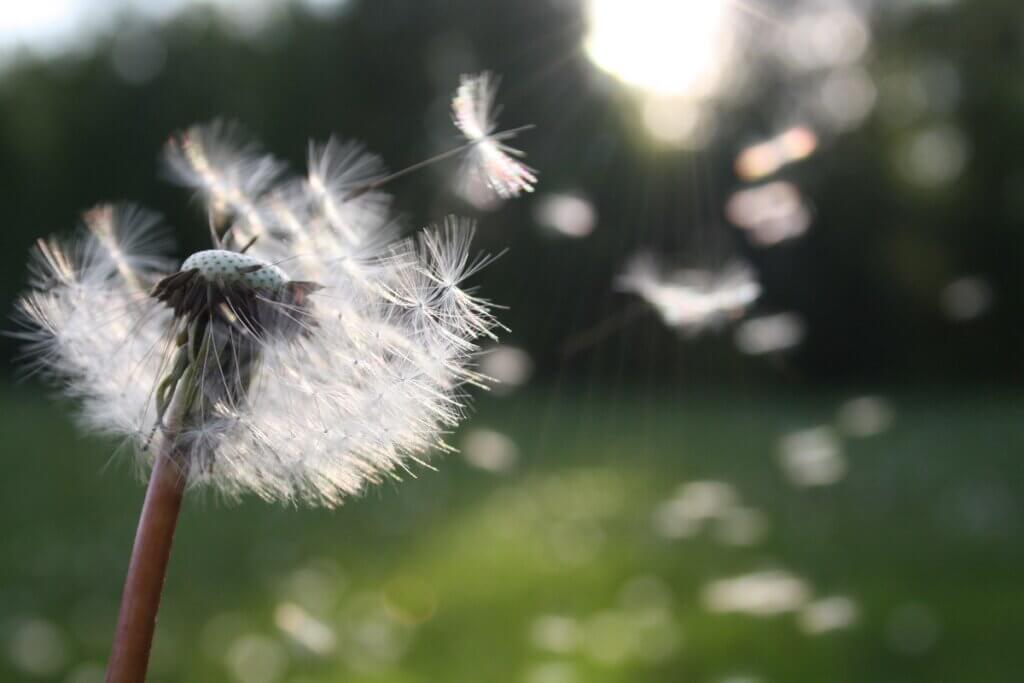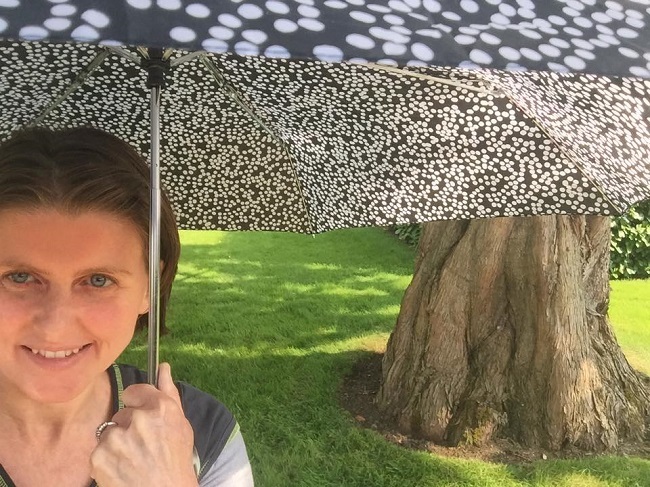Soon the sun will be out, the flowers will bloom, and the world around us will gradually come back to life. Spring is almost upon us – which means the allergens will be too. Spring is one of the most beautiful times of the year and a favourite season for many people… everyone except people plagued by seasonal allergies, that is.
Allergies can make things particularly difficult for our older loved ones. Seasonal allergy symptoms can even be hazardous for those who suffer from other chronic diseases or conditions.
If this sounds like you or your elderly loved one, read on to discover ten tips for dealing with the dreaded seasonal shift.

- Keep A Check On Your Symptoms – Don’t assume that just because you’ve never suffered from spring allergies in the past that they won’t, or can’t, develop in your golden years. Many senior folks can and do suffer from allergies and have the symptoms to go with them. These symptoms can vary, but they tend to include things like a runny nose, itchy or watery eyes, and persistent sneezing. Monitor how you feel each day as the season changes and note any adverse reactions that you may have.
- Chat To Your Doctor – Most older people have one or more health conditions deemed to be more serious than seasonal allergies. That means that allergies and their symptoms are sometimes overlooked by their primary care physician. If you are unsure of whether or not their symptoms are allergy-related, asking their doctor will be the best way to narrow it down.
- Keep An Eye On The Pollen Count – Many websites and weather apps offer pollen trackers to make dealing with seasonal allergies a little easier. Help your elderly loved ones by showing them how to track the pollen in their area. Knowing what the pollen count is can help them to plan their outdoor activities accordingly. If you are the one who suffers from allergies, then use that count as an indicator on when to have your windows closed for the day. Install filters on your air-conditioner to trap the pollen and prevent it from circulating in your home.
- Invest In Good Filters – Allergies don’t have to be caused by pollen. Dirt, dust, and pet dander can all trigger an allergic response within the body. Investing in a good filter for your vacuum cleaner and air purifier can go a long way to achieving lasting allergy relief. The filters can’t totally eliminate those allergy triggers, but they will help boost the overall air quality in your home. That will help to reduce the worst of the symptoms and make life a little easier during the seasonal change.
- Avoid Self-Diagnosing – When it comes to allergy symptoms, most of them can be the same as symptoms of something more serious, such as COVID-19. If you haven’t suffered from allergies in the past, call your doctor or your elderly loved one’s doctor and let them know your concerns. It may be tempting to self-diagnose, but try to refrain from doing this. The internet is filled with misinformation and lies and that could confuse someone whose generation was more about newspapers than websites.
- No OTC Medications – Unless you know for sure what is wrong, and you’ve okayed the medication with your or your loved one’s doctor – never use over-the-counter antihistamines. These may seem like a great idea to treat your symptoms, but they often come with a long list of nasty side effects. Allergy medications can also often interact with medications that are commonly prescribed to seniors, such as blood pressure meds or sleeping pills. Make sure your elderly loved one has one of the best medical alert systems for seniors, that way if there is a bad reaction then they can call for help at the push of a button.
- Keep Pollen Out – Besides the filter and air purifier methods, you can reduce the amount of pollen in your home by regularly washing your clothes straight after you’ve spent a lot of time outdoors. Pollen tends to stick to your hair and clothes and gets tracked back into your home. As soon as you’ve returned home, remove your shoes wash your hands, and change your clothes. Those clothes can be washed straight away to prevent the pollen from spreading. That is why bees are sometimes attracted to us when we’re outside, we might not realise that the pollen is on us, but they sure do!
- Keep Doors and Windows Closed – As the seasons change and the temperatures heat up, it might be all too tempting to fling open the windows and doors and let all of that beautiful sunlight inside. That is a great idea for someone who doesn’t have allergies and an absolute nightmare for someone who does! Keep your windows and doors closed to prevent large doses of pollen from accumulating in your home, particularly on windy days.
- Rule Out Geriatric Rhinitis – As we age, the supporting cartilage around our noses grows weak. That leads to narrowing airways and a blocked nose. Besides impeding the flow of blood, that can also lead to nasal dryness which only makes the situation worse. The most commonly prescribed medications for allergies like antihistamines and decongestants often dry the nasal passages even more and amplify the problem. In that case, consider using nasal sprays or a more modern form of antihistamine.
- Find Something Fun To Do Indoors – When the allergy season is at its peak, going outside is not recommended. It is strongly recommended that you or your sneezy loved one stays inside during that time. Find something fun to do like watching a series on Netflix, or reading a book. Help your elderly loved ones find ways to stay active indoors so that they don’t have to venture outside too often in the spring.

Having allergies isn’t easy. With these simple tips, you can take back your life and enjoy the beauty of the changing season.
Image: Photo by Andrea Piacquadio from Pexels
Photo by Nita from Pexels
nb: This is a sponsored post.












I have Alpha Gal Allergy/ syndrome so look out for ticks and larvae ticks (very tiny and may appear like a rash on you)
Hi Maggie, thanks so much for your comment. I don’t know much about alpha gal allergy syndrome at all, I must google that to find out more. Is it caused by ticks?